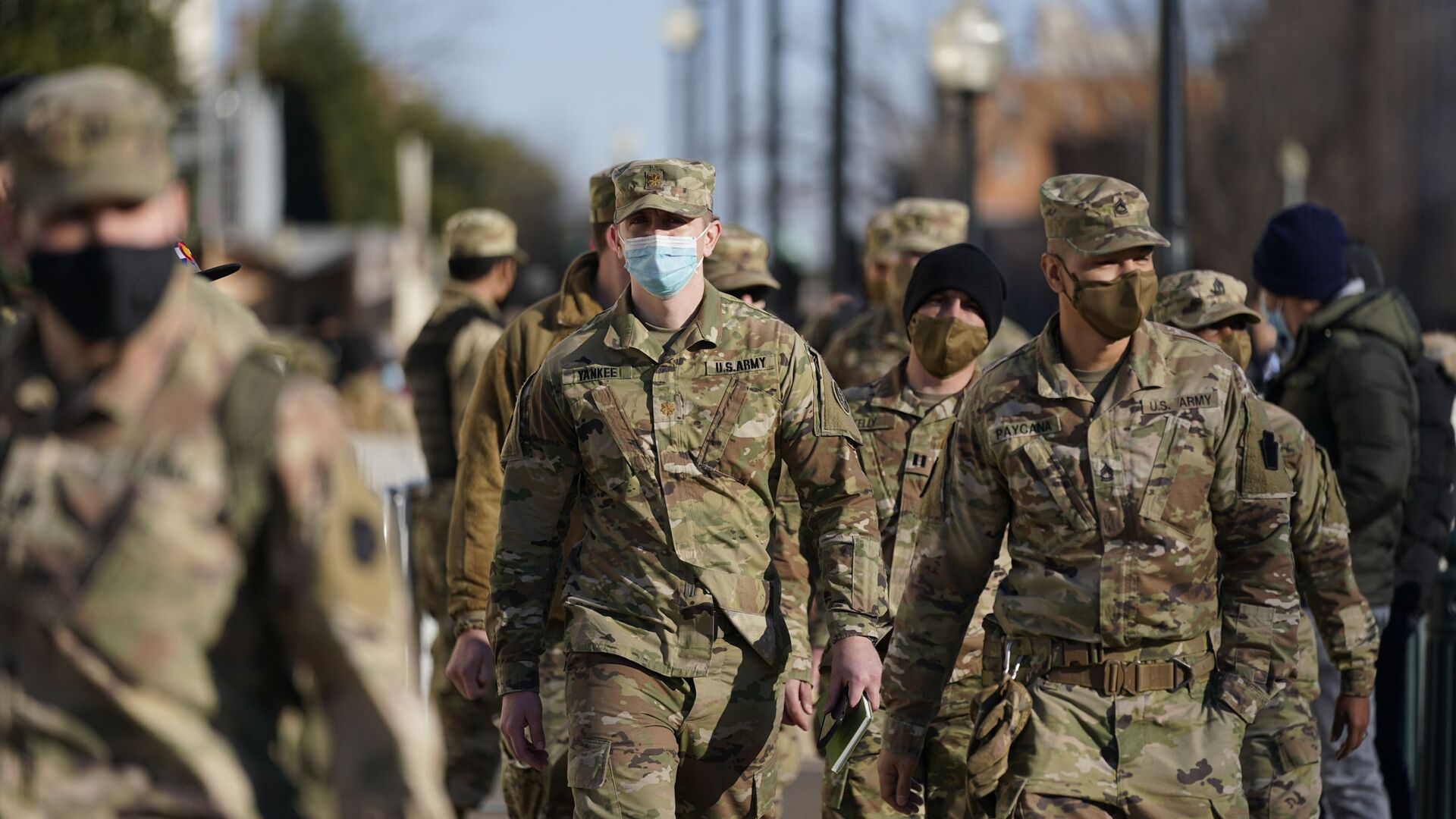"The IC [intelligence community] assesses that racially or ethnically motivated violent extremists (RMVEs) and militia violent extremists (MVEs) present the most lethal DVE [Domestic Violent Extremist] threats, with RMVEs most likely to conduct mass-casualty attacks against civilians and MVEs typically targeting law enforcement and government personnel and facilities," reads the intelligence assessment report.
The report also states that radicalization and mobilization to violence are expected this year due to "new sociopolitical developments," such as the "narratives of fraud in the recent general election, the emboldening impact of the violent breach of the US Capitol, conditions related to the COVID-19 pandemic, and conspiracy theories promoting violence."
Intelligence officials are determined that DVEs use popular social media platforms, websites for targeted audiences and encrypted chat applications to recruit new extremists and to "'disseminate materials that contribute to radicalization."
The latest assessment comes after US President Joe Biden last month directed intelligence officials in his administration to evaluate the threat of domestic violent extremism in the US in the wake of the January 6 Capitol riots.
“The Jan. 6 assault on the Capitol and the tragic deaths and destruction that occurred underscored what we all know: The rise of domestic violent extremism is a serious and growing national security threat,” White House press secretary Jen Psaki said at the time, also noting that the administration plans to develop policies to address the threat, AP reported at the time.
Rep. Adam Schiff, the Democratic chair of the House Intelligence Committee, also said it was “critical” that the Biden administration quickly address the threat of domestic extremism.
“In particular, far-right, white supremacist extremism, nurtured on online platforms, has become one of the most dangerous threats to our nation,” Schiff said.
Earlier this month, the FBI also warned that racially motivated extremists and anti-government extremists are likely to be this year's biggest domestic threat.
“Looking forward, we assess the domestic violent extremist threat will continue to pose an elevated threat of violence to the U.S.,” Jill Sanborn, the FBI's assistant director of the counterterrorism division, told lawmakers during congressional testimony.
"We expect racially or ethnically motivated and violent extremists and anti-government, anti-authority violent extremists will very likely pose the greatest domestic terrorism threats throughout 2021, and in fact leading into 2022,” she added.


